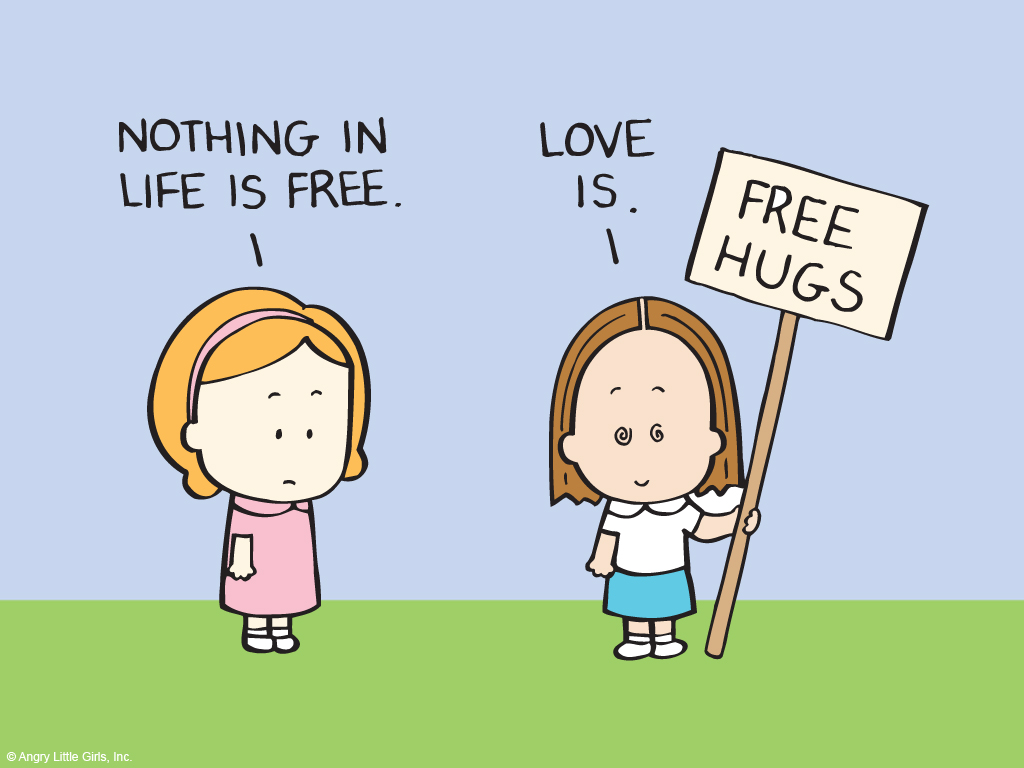

“I will probably never see you again. He’s going to kill you.” My mom said it sternly, yet lovingly, as she pulled away from me and got in the car.
This comment was made at the end of a very tumultuous weekend. It was the first time my mom got a glimpse of my husband’s true self, one that I’d managed to hide from her for almost sixteen years. She refused to stay any longer, as she feared him and what he might do. She had begged me to leave him and come with her, but I had refused. I tried to cling to her and my sense of loyalty to my marriage at once, something that was impossible and gut-wrenching. She left knowing that she may never see me again, but she also realized that there was nothing she could do to make me leave. She knew deep inside that she had to leave me, so that I could realize what I needed to do for myself. I cannot imagine the pain this caused her, but I do know that it was the right choice.
I’ve had several people ask me how they can recognize the signs of abuse and help a friend in trouble. Throughout these conversations I have seen two consistent factors. These individuals are confused about the warning signs of abuse, and they want to help but don’t know how. I can only speak from my experience, but I hope that this information proves helpful.
What are the signs?
If you are concerned that a friend or family member is being abused, there are likely small signs leading you to feel that way. Oftentimes, victims of abuse are good at hiding what is going on. They will say the right things, tell you the right things, and declare love and happiness with their partner. But something will be off, just enough that your spidey senses will start to tingle.
You may notice that the individual never has time for the things that he or she used to love. They no longer can participate in a friends night out, don’t go to the movies anymore, can’t grab a cup of coffee, or go to a get-together at a friend’s house. They may show up late, and leave early, when they used to stay for hours. They may make excuses why their partner cannot come a little too often, or cancel at the last minute. Over time, they may pull away more and more until you have little to no interaction with them.
You may find that they change the subject when you ask about them or take note of their demeanor. They may look tired and stressed, but not wish to discuss it. They may share small pieces of their life, like their disappointment in their partner’s actions, but ask that you not tell anyone that they spoke of it. It may seem that there are more and more secrets, but they will still smile and say how good everything is.
You may notice that their partner influences their choices. They may want to change their hair, but mention that he wouldn’t like it. Or, they may start dressing different, listening to different music, leave social media, or stop talking to friends of the opposite sex. Perhaps they may be more reserved, less opinionated, or appear unable to make decisions for themselves. You may also notice that if you, as their friend, make a negative comment about their partner, they will lash out or be overly protective (more than normal).
On a more obvious note, you may see that your friend has become overly “clumsy,” and suffers from a higher number of injuries than the average person. Also take note of the types of injuries your friend has. How many times can one forcefully bruise one’s own face? Be alert and take notes. Please remember, however, that not all abuse leaves marks.
You will know if something is amiss. It is all the small changes that don’t make sense that will make it apparent to you. So, what do you do about it?
How do I help?
This is the more difficult part. Once you get the feeling that your friend is in trouble, the best thing you can do is simply be there for them. I will start with the “do nots.”
Do not pass judgment. Do not criticize, put down, or demand your friend listen to you. Do not claim to understand what they are going through unless you have, in fact, been abused by a partner. Do not show frustration or anger if they do not take your advice. Try not to give advice unless you are qualified to do so. Do not confront their abuser. This is not only dangerous for you, but also for your friend. Do not walk out on your friend when they do not leave the bad situation they are in.
Do let them know that you will always be there for them. Educate yourself. There is a wealth of information out there on domestic violence in all of its forms (emotional, physical, sexual, financial, etc.). The more you know, the more help.
Do ask if they are ok and do not dismiss your concerns just because they say they are. If you feel something is wrong, it very well may be. Do tell them what your concerns are. Something less aggressive will likely be received the best. For instance:
“I am feeling like you are not yourself and am worried about you. It seems things are not as good at home as you say they are. I want you to know that if you need anything you have my support and confidence. I care a lot for you and am here to help.”
Don’t be surprised if they dismiss your concerns and change the subject, but know that they will remember your offer when they are ready.
Do check in on your friend even if they do not reach out to you. A simple text or phone call to just say hi will go a long way in keeping the doors of communication open. Many victims start pushing friends out of their life, sometimes harshly. This makes it hard to go back and ask those same people for help. Remember, you are safe to the victim. They may be unkind or harsh, but it is likely not your fault.
When a friend does start to open up to you about their situation, be a listening ear. Do not talk or lecture—just listen. Simply assure them that when they are ready to make changes, you are there for them.
A victim may not ever ask for help and they may never open up to you. Only they can make the decision to get help, to leave, or to make change. But having a good friend in your corner makes it a lot easier.
Read the Forget Me Not Series here and visit the Forget Me Not Advocacy Group’s website.



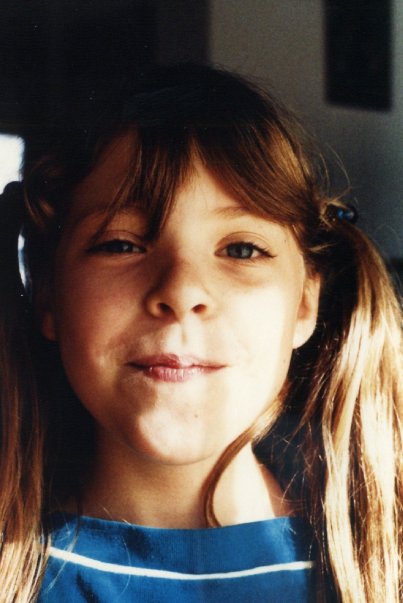

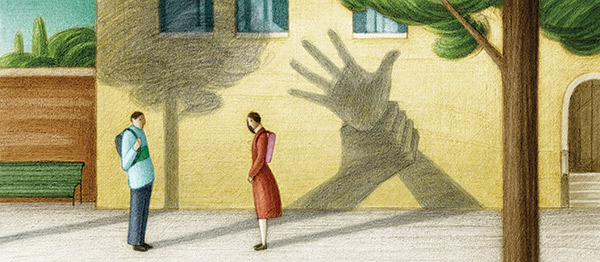
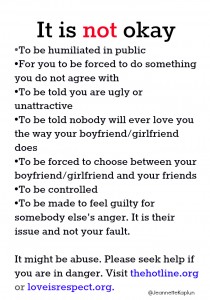
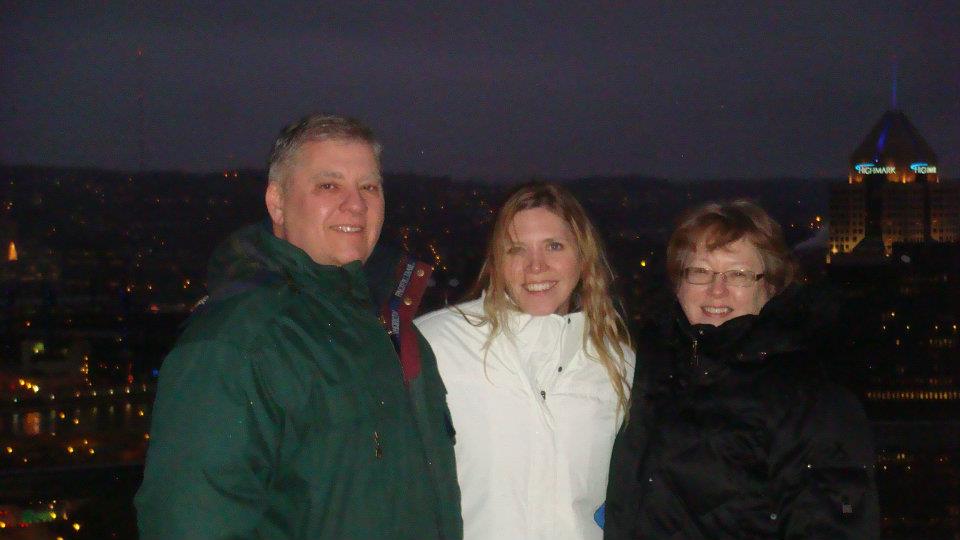

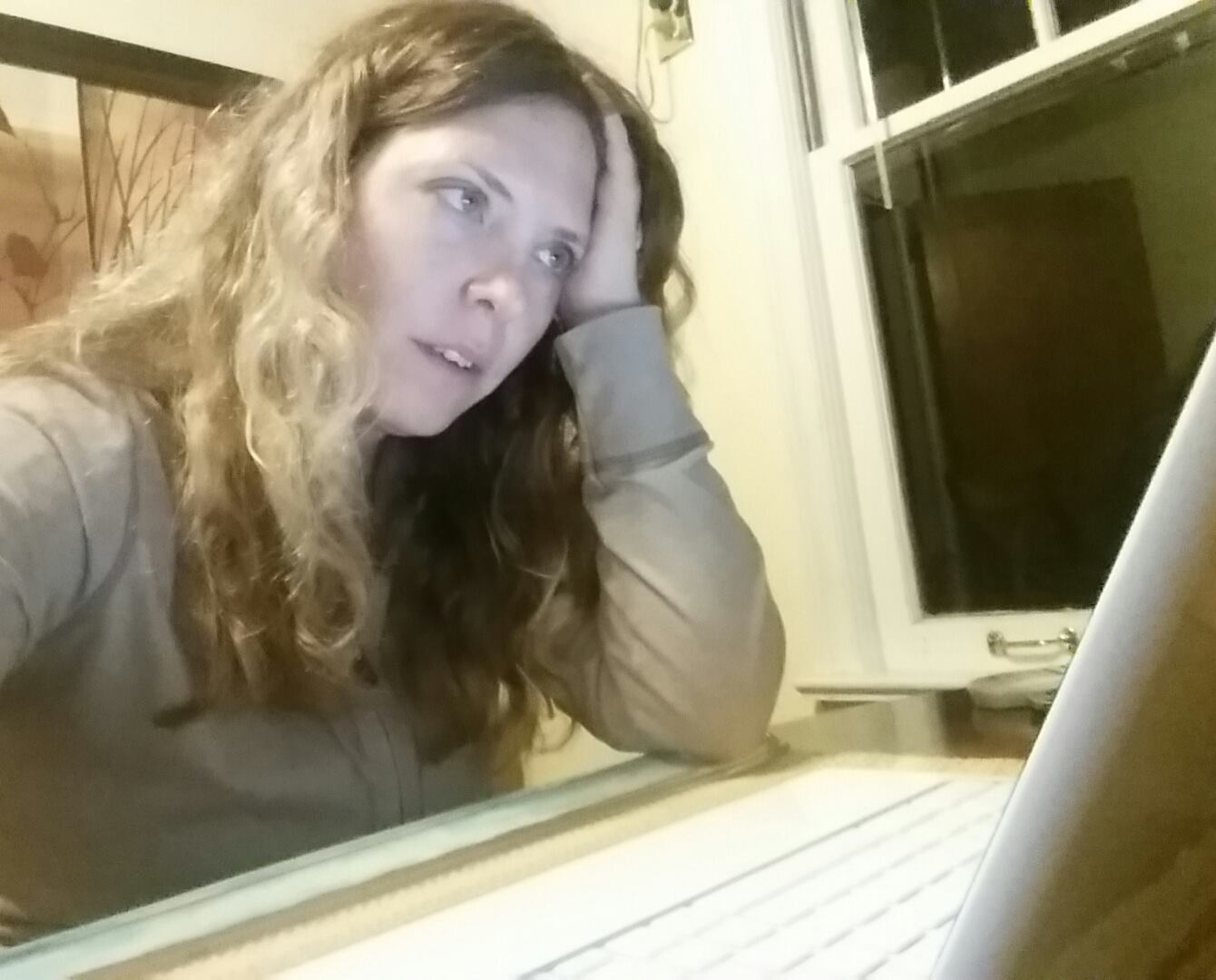

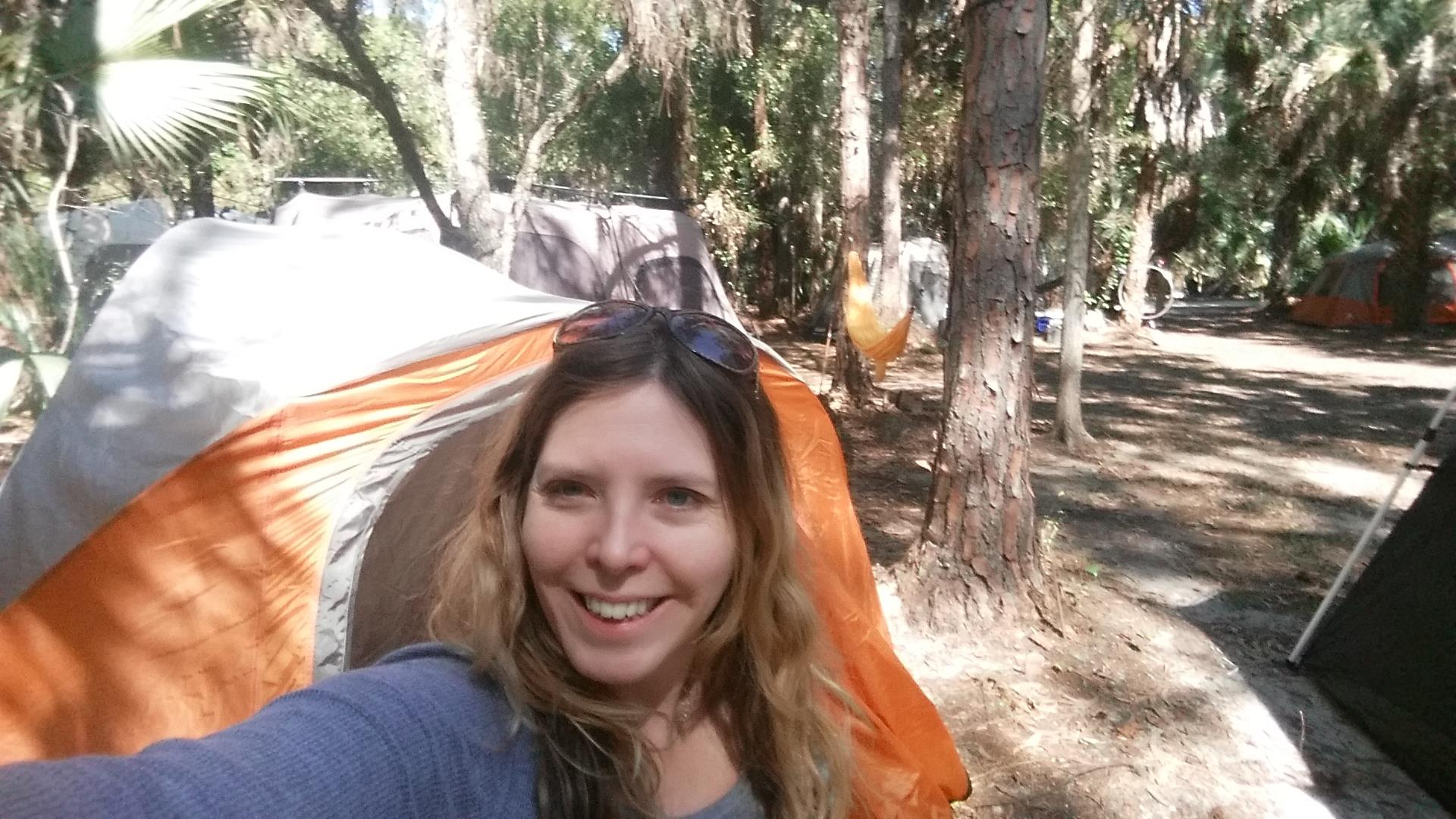



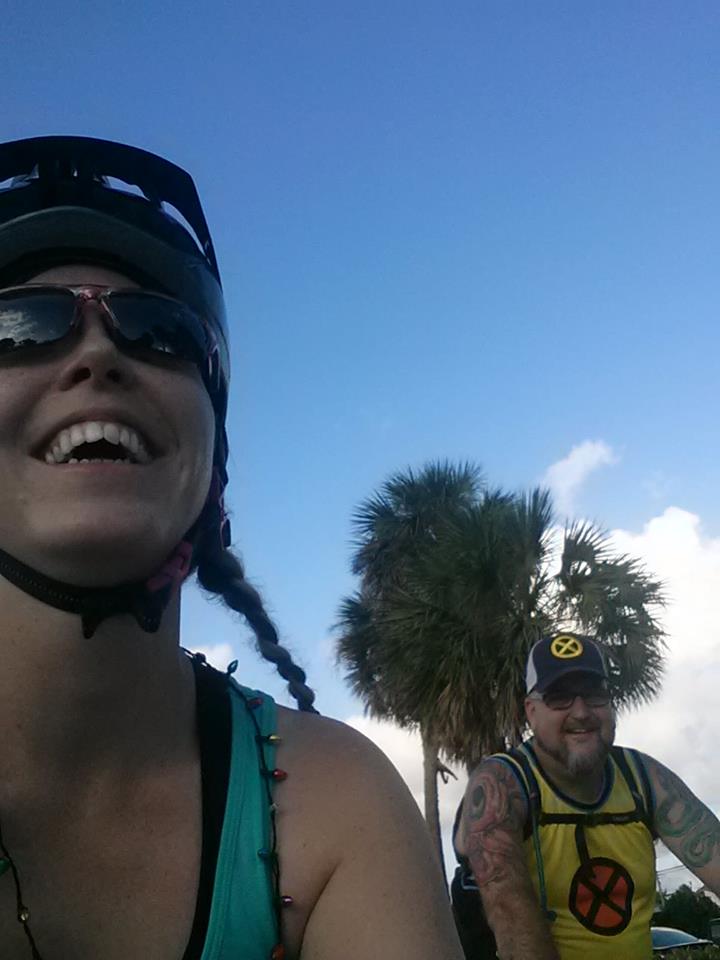

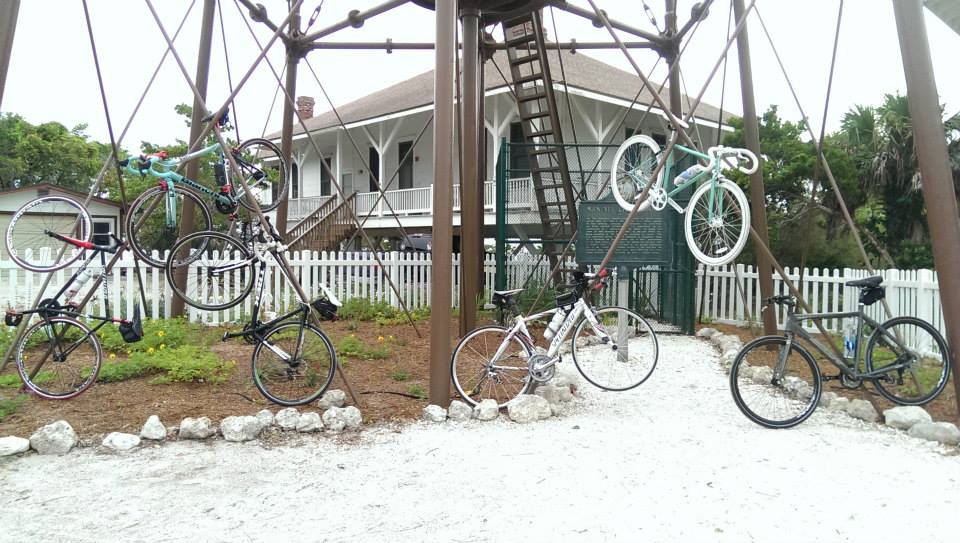
Recent Comments